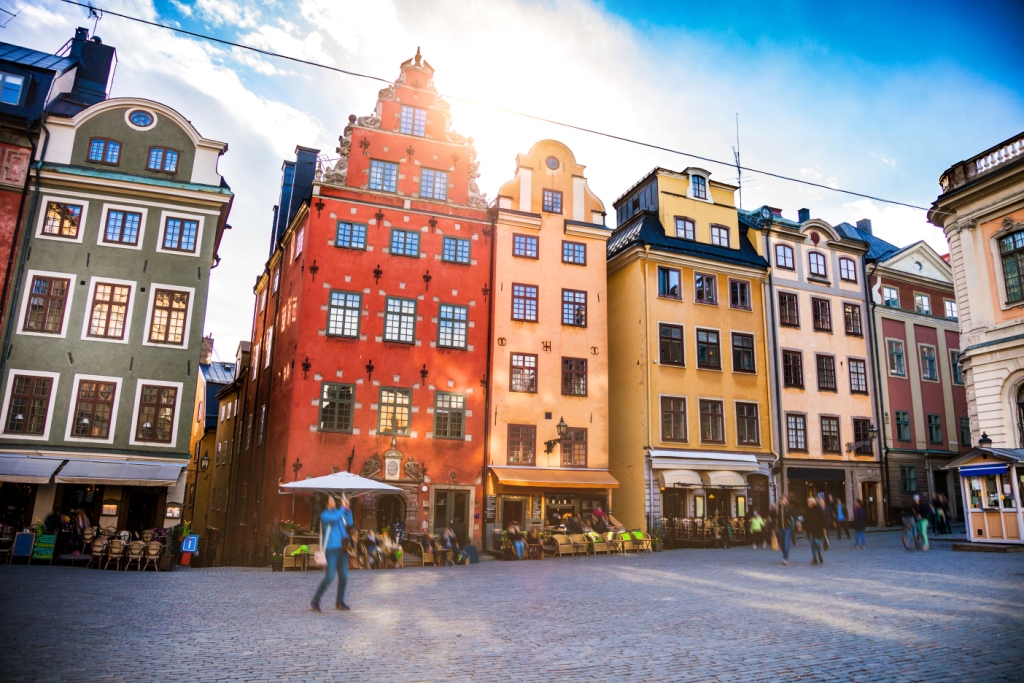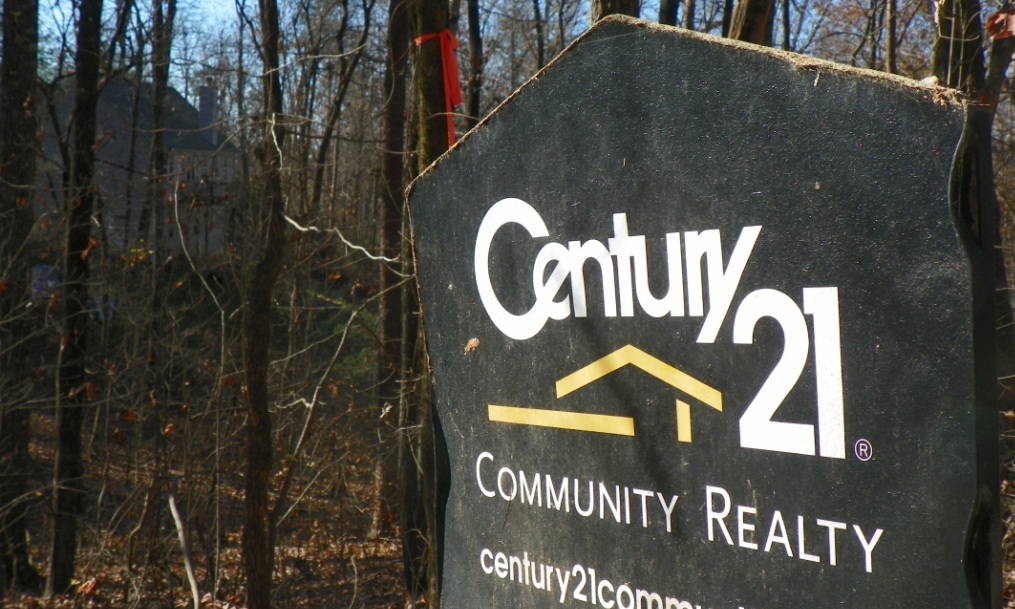Current Articles
-
The Social Democracy Project
THE AMERICAN LEFT, as embodied by the Democratic Party, finds its fortunes at a low ebb. Having lost the presidency to a known felon, liar, vulgarian and ignoramus with the maturity of a ten-year-old (and that’s probably a slander to most ten-year-olds) and disdain for our democratic norms and traditions (and the Congress to a Republican Party completely in league with this traitor to our democracy), we Democrats cannot in all honesty avoid asking ourselves, what are we doing wrong? There are some, of course, who argue that the Left has made no significant mistakes, that the real problem is the terrible ignorance/moral deficiency/stupidity of many American voters. This group’s recipe for going forward involves pushing the same platform the Party has been pushing, except maybe harder and louder,… Read More
-
The Social Democracy Project
Immigration
Immigration was one of the salient issues in the 2024 presidential race, and one upon which commentators, as well as most Democrats, are in agreement that the Left was seriously backfooted. Immigration could almost be said to be the poster child for we Democrats’ practice of building a fractured coalition from disparate “identity” and other special-interest groups, rather than stressing a message aimed at the broad mass of working Americans. Immigration also offers a prime example of how this practice (of hobbling together a constituency from special interest groups) can lead to major philosophical incoherence, and the attendant disconnect from the average voter. More commentators friendly to the Left are now willing to say that the immigration policies… Read More -
The Social Democracy Project
W. E. Smith, Editor, The Social Democrat
With so many online news sites already active on the Web, the question arises, why The Social Democrat? What motivated me to start the site? Why do I consider it worth producing and, also, worth following?
I started The Social Democrat to promote awareness of and generate enthusiasm and support for the political system known as social democracy: a system of political, social and economic organization based on a chiefly private-enterprise economy (“capitalism”) with a government that does not hesitate to use its plenipotentiary powers to ensure that all citizens, from childhood on, are afforded an equal opportunity to participate in the social, cultural, economic and political life of their communities and… Read More
-
Work & Wages: U.S.
Excerpted from America's Social Democratic Future by W. E. Smith)
(1) The Current American System of Work Falls Short of Social Democratic Ideals
Unfortunately the system of working life under which American citizens currently live falls short of social democratic values on several fronts. In almost any period of history there are not enough jobs to go around, so that some must suffer unemployment and loss of income, which offends the values of justice, solidarity and inclusion. Many of the jobs that do exist are compensated at wages that do not afford a life considered dignified by the average person; this not only offends the values of justice, solidarity and inclusion, but also demonstrates a lack of humane concern for our fellow citizens. Many American… Read More
-
Social Democratic History
W. E. Smith, Editor, The Social Democrat
Sweden has long been a bellwether of social democracy. The following excerpt admirably sums up Sweden’s accomplishments:
Once one of Europe’s poorest countries, in the post World War II decades Sweden evolved into a slum-free, affluent, egalitarian full employment welfare state, with a strong commitment to work for all and women's equality –the poster child of advanced welfare states. Income differences narrowed dramatically and poverty was nearly eliminated. Labor-management cooperation, high union density, high taxes and (except for a few years) Social Democratic political dominance, were the norms. A strong commitment to the welfare state and jobs for all eventually cut across political party lines.
… Read More -
Police & Criminal Justice Reform
W. E. Smith, Editor, The Social Democrat
Police State: “a political unit characterized by repressive governmental control of political, economic, and social life, usu. by an arbitrary exercise of power by police [italics mine] . . .” (Merriam Webster’s Collegiate Dictionary, 11th Edition)
On an ordinary autumn afternoon in 1963, on a banal commercial block in Cleveland, a series of events occurred that have profoundly impacted policing in the United States, inaugurating a legal regime responsible for uncountable acts of police arrogance, abuse and, yes, outright terror.
Cleveland veteran detective Martin McFadden was patrolling his usual city beat on that otherwise quiet afternoon when two men attracted his attention. According to… Read More
-
Identity Politics
Part I of a Three-Part Article
By W. E. Smith, Editor, The Social Democrat
At no time since the days of official apartheid has the American Left been more focused on racialized categories. Many no doubt see in this trend a welcome attention paid to the lingering effects of once officially sanctioned discrimination, as well as to the persistence of racist attitudes and practices today, by a new generation of Americans born after the bad old days of pre-1970s America. As a lifelong denizen of the American Left, born in 1955, I remember with pain and sadness the racism so prevalent during my early years, and I have always stood in solidarity with those seeking egress from the toxic society we then lived in and the attitudes that supported it. Yet I question, as a dedicated… Read More
-
Identity Politics
Part II of a Three-Part Article
W. E. Smith, Editor, The Social Democrat
It is of course indisputable that prior to the latter part of the 20th Century America was a systemically—and systematically—racist society, especially in the Southern states. Until the passage of the Civil and Voting Rights Acts of 1964 and 1965 and the Fair Housing Act of 1968, along with new vigilance from federal courts in protecting the rights of racial minorities under the 14th Amendment (including the 1954 Brown v Board of Education decision), separate and unequal treatment, if not officially sanctioned by the federal government (though often even dictated by some state governments), was certainly condoned. And I believe that… Read More
-
Identity Politics
Part III of a Three-Part Article
W. E. Smith, Editor, The Social Democrat
The Prevailing Left discourse on race is a protean, hydra-headed monster, one with a seeming infinite number of heads and always changing shape. It is composed of a constantly shifting menu of unsupported assertions, ridiculously transparent untruths, casual claims that defy common sense and outrageous demands. At the same time, there are actual and provable instances of unequal treatment—greater levels of non-lethal police misconduct, for example, or a disinclination of some employers (10 percent of cases in a recent U Cal Berkeley study) to interview applicants with ARB-sounding names—which would seem to require a response, though whether such factors prove a systemic racism… Read More
-
The Social Democracy Project
W. E. Smith, Editor, The Social Democrat
After Bernie Sanders unabashedly announced, during the recent presidential campaign, that he is a socialist, the term experienced a whole new lease on life. A spate of articles appeared—and they are appearing still—chronicling the disaffection of millennials with “capitalism” and their embrace of the “s-word.” With the New York Times asking the rhetorical question, “Why Are So Many Young Voters Falling for Old Socialists?” the Washington Post revealed that “Millennials Have a Higher Opinion of Socialism than of Capitalism.” Helpful explanations, such as “This is Why Millennials Favor Socialism,” or “Why Millennials Aren’t Afraid of Socialism,”… Read More
-
Next Generation Thinking
One in a series of occasional articles on ideas we like, though we acknowledge their time has not yet come
W. E. Smith, Editor, The Social Democrat
Nothing is more central to the organization of collective life than the question of who owns what. As 18th-century British philosopher David Hume put it (in an 18th-century way), “the convention for the distinction of property, and for the stability of possession, is of all circumstances the most necessary to the establishment of human society.” In this article I will look especially at the ownership of what lawyers call real property: what the rest of us generally call “real estate.”
Perhaps because property rights are so deeply embedded in our collective arrangements, we take them largely… Read More
-
Work & Wages: U.S.
The American economic system is cruel in many ways, but perhaps the cruelest is the manner in which it intentionally consigns, as a matter of policy, several millions of our fellow citizens to unemployment. A person without employment faces a disaster of overwhelming scale: without a source of income in a money economy, shelter, food, transportation and every other necessity of life become unattainable. If the situation persists too long, chronic pauperization is distinctly possible. What’s more, these catastrophic practical problems bring in their train a host of equally severe difficulties on the psychological and social planes. Poor health, depression, marriage failure, violence and criminal behavior, suicide: these and many other serious ills strongly correlate with the distress brought on by unemployment.
… Read More -
Safety Net: U.S.
Healthcare: U.S.
W. E. Smith, Editor, The Social Democrat
If one single element of the GOP’s recent plans to restructure Obamacare could be said to have doomed their efforts it would be large cuts to Medicaid. Governors and senators from both parties saw the cuts, which the Congressional Budget Office predicted would deprive 15 million low-income Americans (and working-class elders) of access to healthcare, as deal-breakers. Though congressional Republicans have punted the healthcare debate down the field, the fight over Medicaid will no doubt return in the next round. The Social Democrat thought it would be useful to present some basic facts about a major but not universally understood program that is currently at the forefront of the battle for social democracy in the U.S.
Medicaid is… Read More
-
The Social Democracy Project
W. E. Smith, Editor, The Social Democrat
The election of Donald Trump to the presidency last year both stunned and appalled those on the left of America’s political spectrum. Perhaps even more dismaying, along with Republican control of Congress, is the fact that 25 states are now under total Republican control (governor and both legislative houses) as against only five for Democrats.
The American left, such as it is—poorly defined, without a rigorous theoretical framework for government—is at its lowest ebb in many decades. This in spite of the fact that its opponents on the right have grown more, not less, reactionary over the same period.
We are told from some quarters not to worry, that the victory of the left (as represented by the Democratic Party) is inevitable,… Read More
-
The Social Democracy Project
W. E. Smith, Editor, The Social Democrat
Any analysis of social democracy will inevitably include a discussion of the welfare state. And indeed, the welfare state, broadly defined as a polity in which the state is committed to insuring, or at least advancing, the welfare of its citizens, is a key component of social democracies. So integral is the welfare state to the social democracy project, in fact, that for many the two terms are practically synonymous. For a meticulously crafted description of the modern American welfare state, one could scarcely do better than College of William and Mary government professor Christopher Howard’s 2007 volume, The Welfare State that Nobody Knows.
Over the course of the last generation there has developed a solid body of research comparing… Read More
















